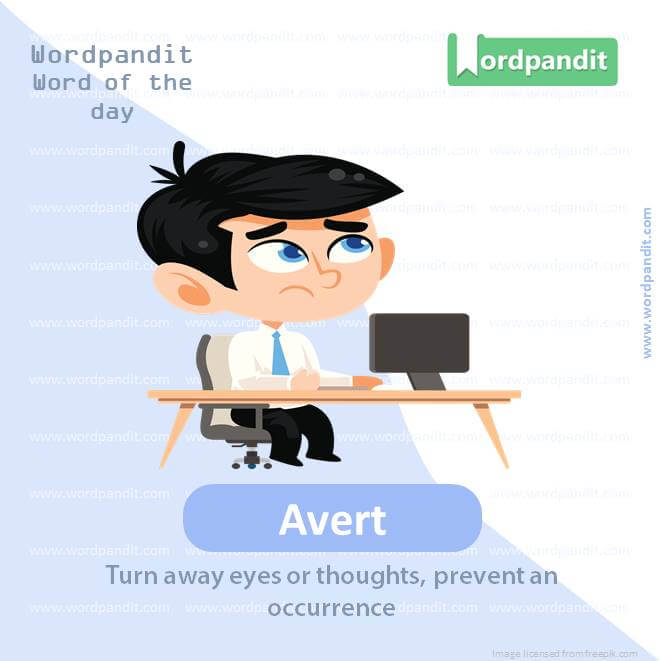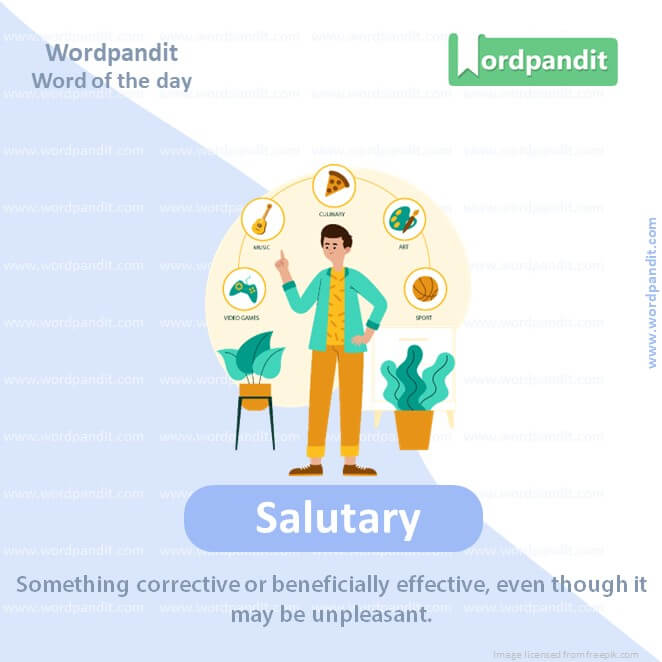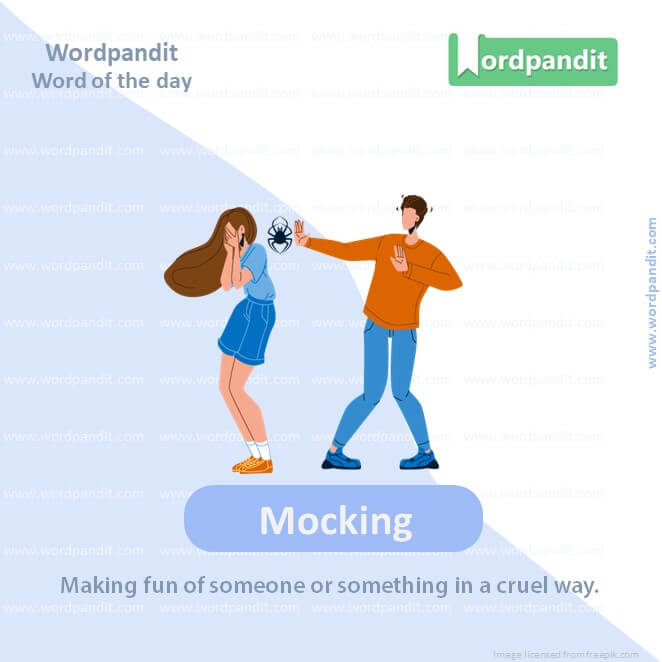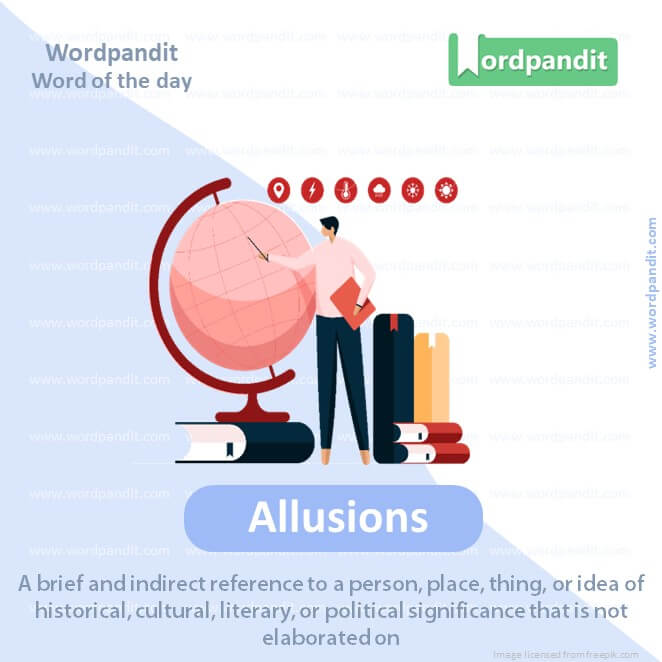Daily Vocabulary Words: List of Daily Used Words in Leading International Newspapers
Hi there. Welcome to this special section @ Wordpandit.
Our endeavour here is very simple: to highlight important daily vocabulary words, which you would come across in leading newspapers in the country. We have included the following newspapers in our selection:
• The New York Times
• The Washington Post
• Scientific American
• BBC
• The Guardian
• Psychology Today
• Wall Street Journal
• The Economist
We are putting in extensive work for developing your vocabulary. All you have got to do is be regular with this section and check out this post on a daily basis. This is your repository of words that are commonly used and essentially, we are posting a list of daily used words. Hence, this has significant practical application as it teaches you words that are used commonly in leading publications mentioned above.
Visit the website daily to learn words from leading international newspapers.

WORD-1: KITSCH
CONTEXT: “The art world was divided over the latest exhibition, with some praising its authenticity while others dismissed it as mere kitsch.”
SOURCE: The Guardian
EXPLANATORY PARAGRAPH: Imagine you see a bright pink flamingo statue that’s made of plastic and you think it’s a little funny and not very fancy. That’s called “kitsch”. It’s like stuff that might look silly or not very classy but some people still like it!
MEANING: Art, decorative objects, or designs are considered by many people to be ugly, without style, or false but enjoyed by other people, often because they are funny (noun).
PRONUNCIATION: KITCH
SYNONYMS: Tacky, gaudy, cheesy, campy, chintzy
USAGE EXAMPLE:
1. The souvenir shop was filled with kitsch items.
2. Some people love decorating their homes with kitsch art.
3. The party had a kitsch theme with pink flamingos everywhere.
4. Many tourists buy kitsch postcards to send to friends.
WORD-2: VICE VERSA
CONTEXT: “The study found that higher education leads to better job opportunities, but vice versa is also true—those with better job prospects are more likely to pursue higher education.”
SOURCE: The Economist
EXPLANATORY PARAGRAPH: Imagine if you had a sandwich with peanut butter and jelly. Now think if you switched places between peanut butter and jelly. That switching places is called “vice versa”. It means the other way around.
MEANING: With the main items or order changed; the other way around (adverb).
PRONUNCIATION: VYCE-VER-suh
SYNONYMS: Conversely, in reverse, reciprocally, the other way round, alternately
USAGE EXAMPLE:
1. If you like chocolate, and vice versa, you will love this cake.
2. I can go to your house, or vice versa.
3. He doesn’t trust her, and vice versa.
4. She can cook dinner and he will wash up, or vice versa.

WORD-3: AVERT
CONTEXT: “Efforts to avert a humanitarian crisis in the region intensified as aid organizations rushed to provide relief to the flood-stricken communities.”
SOURCE: Al Jazeera
EXPLANATORY PARAGRAPH: Imagine you’re about to step on a toy, but you quickly move your foot away so you don’t crush it. That quick move to avoid the toy is like “avert”. It means to turn away or prevent something from happening.
MEANING: Turn away eyes or thoughts, prevent an occurrence (verb).
PRONUNCIATION: uh-VURT
SYNONYMS: Prevent, avoid, dodge, sidestep, stave off
USAGE EXAMPLE:
1. She tried to avert her eyes from the accident.
2. The crisis was averted by the president’s decision.
3. Quick action averted a disaster.
4. The pilot averted the plane from the storm.

WORD-4: SALUTARY
CONTEXT: “The government’s new healthcare policy aimed to have a salutary effect on the nation’s overall well-being, with a focus on preventive care.”
SOURCE: The New York Times
EXPLANATORY PARAGRAPH: Imagine you eat a healthy fruit and it makes you feel good and strong. That fruit did something “salutary” for you. It means something that’s good for your health or well-being.
MEANING: Something corrective or beneficially effective, even though it may be unpleasant (adjective).
PRONUNCIATION: SAL-yuh-tair-ee
SYNONYMS: Beneficial, healthy, wholesome, healthful, advantageous
USAGE EXAMPLE:
1. The fresh mountain air has a salutary effect on visitors.
2. Exercise has a salutary influence on our mood.
3. The doctor recommended a salutary diet for recovery.
4. A good night’s sleep can have a salutary effect on one’s mood.

WORD-5: MOCKING
CONTEXT: “During the heated debate, some lawmakers resorted to mocking their opponents, further polarizing the political landscape.”
SOURCE: The Washington Post
EXPLANATORY PARAGRAPH: Imagine if someone copied the way you talk in a funny voice to tease you. They are “mocking” you. It means making fun of someone or something.
MEANING: Making fun of someone or something in a cruel way (adjective).
PRONUNCIATION: MOK-ing
SYNONYMS: Teasing, jeering, scoffing, derisive, ridiculing
USAGE EXAMPLE:
1. He had a mocking tone when he repeated her words.
2. The kids were mocking the teacher behind her back.
3. Her mocking laughter hurt his feelings.
4. The cartoon was a mocking portrayal of the politician.

WORD-6: ALLUSIONS
CONTEXT: The author’s novel was filled with allusions to historical events, prompting readers to delve deeper into the layers of meaning within the narrative.
SOURCE: The Guardian
EXPLANATORY PARAGRAPH: Imagine you and your friend have an inside joke. When you mention it, only the two of you understand and laugh. “Allusions” are like that. It’s when you mention something without saying it directly because you think people will understand the hint.
MEANING: A brief and indirect reference to a person, place, thing, or idea of historical, cultural, literary, or political significance that is not elaborated on (noun).
PRONUNCIATION: uh-LOO-zhuns
SYNONYMS: References, hints, suggestions, insinuations, implications
USAGE EXAMPLE:
1. The author made several allusions to classical literature in his book.
2. The painting is full of allusions to ancient myths.
3. The song has cultural allusions that some listeners might miss.
4. The movie has several allusions to older films.
WORD-7: DEPORTATION
CONTEXT: The controversial deportation of undocumented immigrants sparked nationwide protests and calls for immigration reform.
SOURCE: The Washington Post
EXPLANATORY PARAGRAPH: Imagine if someone was told they can’t stay in a place and have to go back to where they came from. “Deportation” is when the government sends someone back to their own country because they can’t stay.
MEANING: The act of expelling a foreigner from a country (noun).
PRONUNCIATION: dee-por-TAY-shun
SYNONYMS: Expulsion, eviction, removal, exile, banishment
USAGE EXAMPLE:
1. He faced deportation after his visa expired.
2. The family is fighting against their deportation.
3. The court ordered the deportation of the illegal immigrants.
4. Deportation procedures can be lengthy and complex.
WORD-8: HARDSHIP
CONTEXT: Families in the war-torn region faced unimaginable hardship, struggling to access even the most basic necessities.
SOURCE: BBC
EXPLANATORY PARAGRAPH: Imagine if you had to walk in heavy rain without an umbrella and you got all wet. That’s a “hardship”. It means going through something tough or difficult.
MEANING: A condition that is difficult to endure (noun).
PRONUNCIATION: HARD-ship
SYNONYMS: Difficulty, adversity, trouble, distress, suffering
USAGE EXAMPLE:
1. The family faced many hardships during the war.
2. Losing his job was a major hardship for him.
3. They endured economic hardships during the recession.
4. The community came together to help those facing hardships.
WORD-9: ADOLESCENCE
CONTEXT: Understanding the challenges of adolescence in the digital age is a growing concern among educators and parents.
SOURCE: Scientific American
EXPLANATORY PARAGRAPH: Imagine you’re growing up, not a little kid anymore but also not an adult yet. That time when you’re in between being a kid and an adult is called “adolescence”. It’s when you grow a lot and learn many new things.
MEANING: The period of life when a person is growing from a child into an adult (noun).
PRONUNCIATION: ad-uh-LES-ens
SYNONYMS: Teenage years, youth, teens, puberty, young adulthood
USAGE EXAMPLE:
1. Adolescence is often a confusing time for many.
2. During adolescence, many people start to form their own opinions.
3. He wrote a book about the challenges of adolescence.
4. Emotional changes are common during adolescence.
WORD-10: RESILIENT
CONTEXT: Despite facing economic setbacks, the community remained resilient, coming together to rebuild their businesses and livelihoods.
SOURCE: The Economist
EXPLANATORY PARAGRAPH: Think of a bouncy ball. No matter how many times you throw it down, it always bounces back up. Being “resilient” is like that ball. It means you can bounce back from tough times and keep going!
MEANING: Able to recover quickly from difficulties (adjective).
PRONUNCIATION: reh-ZIL-yent
SYNONYMS: Tough, strong, hardy, adaptable, robust
USAGE EXAMPLE:
1. The community was resilient after the storm.
2. She has a resilient spirit and never gives up.
3. The material is resilient and can withstand heavy use.
4. Children can be surprisingly resilient in difficult situations.
Vocabulary new Words
In the exuberant realm of language learning, nothing holds more thrill than the discovery of ‘vocabulary new words’. These gems of knowledge bring with them a fresh perspective and a deeper understanding of language. However, learning ‘vocabulary new words’ requires a methodical and focused approach.
The act of learning ‘vocabulary new words’ is a delve into linguistic novelty, often involving exposure to unfamiliar structures and meanings. Transcending the traditional approach of mere memorization helps in truly cementing newly learnt words into long-term memory. Interaction with a broad spectrum of written and spoken material, including novels, films, podcasts, and digital resources, provides a rich context of ‘vocabulary new words’ and significantly aids in their comprehension.
It’s noteworthy that unpacking ‘vocabulary new words’ is a steady process rather than a rushed one. A planned approach with a specific number of words, learned and reviewed each day, proves beneficial in effective learning. Coupling this method with technologies such as flashcards or memory-enhancement software can optimize the retention of ‘vocabulary new words’.
Integrating mnemonic devices and visual imagery is another highly efficient tool when learning ‘vocabulary new words’. Assigning unique stories or visuals to new words can enhance recall, making unfamiliar vocabulary much more approachable.
Lastly, practicing ‘vocabulary new words’ within daily routine is crucial for grasping their usage. Whether it’s through active utilization in conversation or incorporating these words in written communicative situations, application reinforces understanding.
In summation, mastering ‘vocabulary new words’ is an enriching pursuit that expands our linguistic horizons. However, a balanced approach, combining diverse reading materials, pacing your learning, employing memory-boosting strategies, and daily practice greatly streamlines the task. Embark on this fascinating journey, and let the ‘vocabulary new words’ fill your linguistic canvas with a fresh palette of expressions.









